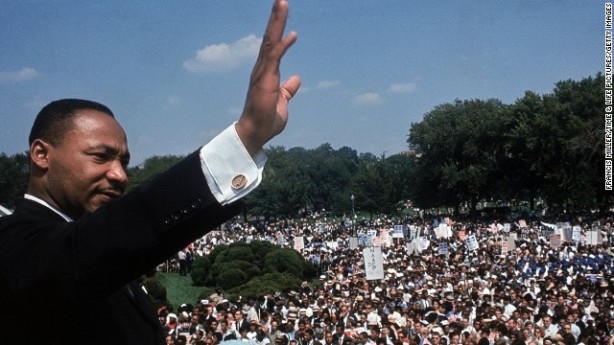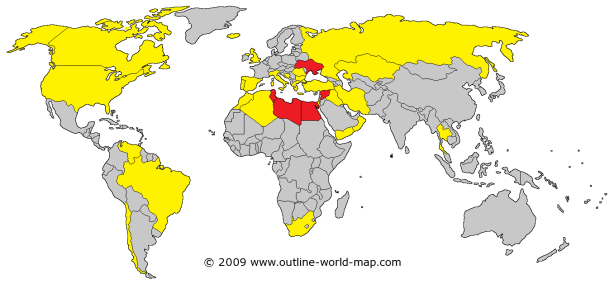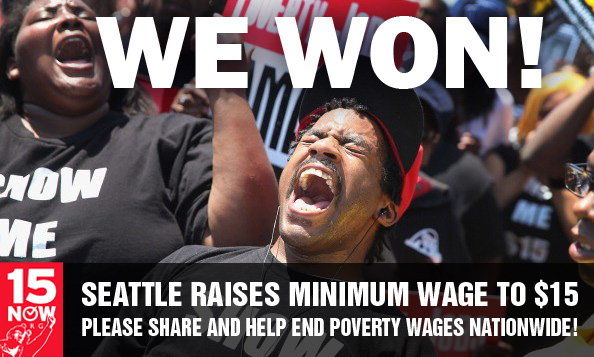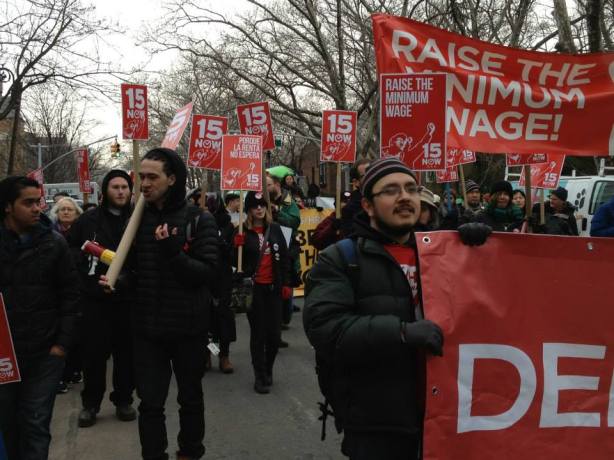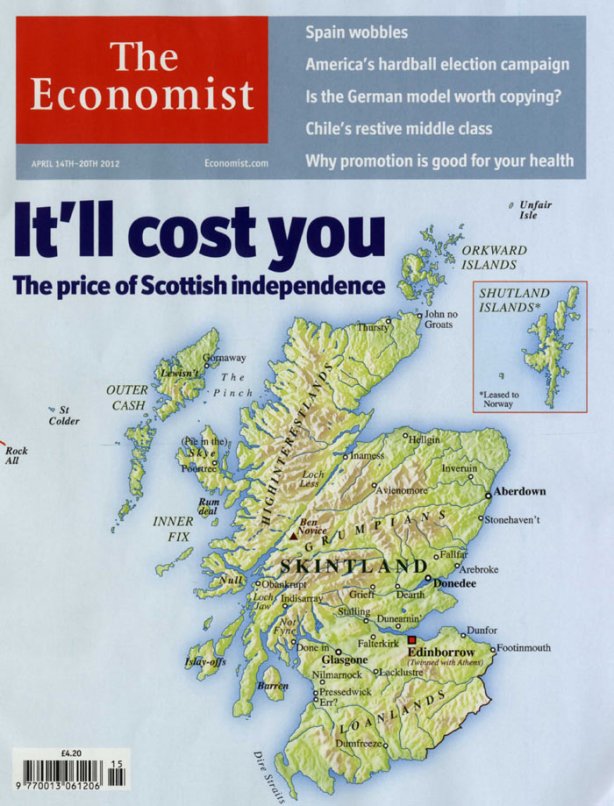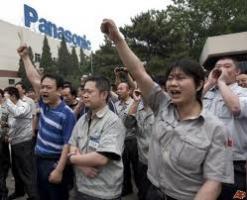A blogger got a lot of hits recently for calling any Irish person who complains about Ireland a “whiny bitch.” It argued that since Ireland is a better place to live than many others, and that now is a better time to live than many others, nobody should complain about inequality, austerity, backwardness, misogyny, injustice, corruption or the fact that homelessness has hit record levels. Actually all those things are just what I’m assuming the author means, because he never specifies exactly who the “bitches” are and what they are “whining” about (beyond some gobsmacking reference to the economy being “out of the woods”). Probably because any real engagement with the issues Irish people are angry about would have made mincemeat of his central argument that things are basically OK.
Coming only a weeks after the most anger-filled elections in many decades, which saw historic upheaval, to come out with an article saying that the majority are wrong to be angry and should just “STOP” <SMACK> strikes me as an act of someone totally disconnected from reality who doesn’t know or care about the conditions most people are living in. The massive anger of people is written off as some bizarre feature of Irish people that we’re always “begrudging” and complaining, etc etc. Check out some of the Youtube comments on this video and you’ll get another prime example of this genre of anti-complaint complaining.
Imagine if said blogger had written his piece in the 1900s or in the 1950s. The “whiny bitches” of those times, to whom every criticism made in the blogger’s “open letter” apply 100%, would include Jim Larkin, the suffragette movement and Martin Luther King. Those complacent fools ranting about the “whiny bitches” and telling them to shut up and count their blessings, conceding at most that sure, maybe 50 years ago you had something to complain about, are not remembered, or only remembered as idiots. Most importantly, if we look at it this way we can see how stupid their complacent world-outlook is.
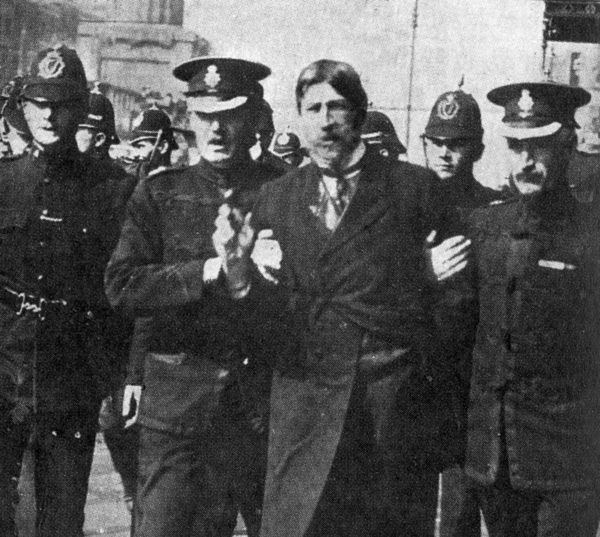
The whiniest bitch of all, Jim Larkin, is given a gentle reminder by the cops that for all the squalor and exploitation of contemporary Dublin, at least he is not living in the ancient Aztec Empire having his heart ripped out as a sacrifice to the sun god
I don’t want to focus on this ignorant blog post in particular but on the general world-view it expresses. It’s a complacent attitude that says that most things in the world are fine, most problems are resolved. It is not quite “the end of history” (even the author of that phrase, Fukuyama, has backtracked on it), but we are, according to this world-view, at the very least in the mopping-up phase of history.
The point of my article is to give some snapshots to prove the point that massive changes are afoot and even greater changes will take place in the lifetime of a young person today. Everything we take for granted will be tested and a lot will be found wanting, and a hell of a lot is going to change, for better or for worse. The seven facts I highlight are not necessarily the most significant topics in the world. Some are minor. I could have gone on to 10, 20, or 30 facts but I decided to keep it short. They are selected because they’re graphic indicators of the shape of the present. My writing will be short on analysis. The idea is to provoke thought.
My purpose is not to show that things are shit, thereby disproving the idea that things are good. That would be easy, but boring and depressing and ultimately meaningless. Some of them are very bad things. Some are very good things. Some have good and bad aspects. A disproportionate amount are about Ireland, to prove that there’s no magical wall around us, but the main perspective is global. Their purpose is to excite us, to broaden our perspectives on the future, to get across the idea that titanic events are unfolding, that history is all to play for, that the stakes are high, and that you have an obligation to play a role. Do not fear radical change, because radical change is already taking place, and has to take place; do not fear catastrophe if we try to change the world, because catastrophe is a defining feature of today’s world and catastrophe is what the capitalist system has in store for us increasingly if we leave it in place. Do not listen to those who spread apathy and complacency.
If, despite my best efforts, the shape of the present depresses you, don’t mistake it for the future. Put the horrors of the world firmly in their place with the words of a revolutionary when he contemplated this very question a hundred years ago:
“– Surrender, you pathetic dreamer. Here I am, your long awaited twentieth century, your ‘future.’
– No, replies the unhumbled optimist: You, you are only the present.”
1. Revolution and mass struggle on a historic scale
The years 2010 to 2014 have so far seen a wave of mass movements, protests and revolutions that has spread over oceans and continents on a scale wider than the 1989-91 uprisings against Stalinism. The map below shows in red the countries that have seen full-scale revolutions and civil wars, like Egypt, while yellow denotes a country where significant upheaval and mass movements have happened. An example is the UK, from the sacking of Millbank Tower in 2010 to the riots in summer 2011.
The incredible thing is, there are probably a good few more countries where massive events unfolded, which I’m just not aware of. I’ll take any corrections and suggestions in comment boxes. What I put as yellow, what I put as red and what I left out are up for debate. What’s undeniable is the spread and depth of events that would have been totally unbelievable just a few years ago. Time magazine’s Person of the Year for 2011 was “The Protester”. And the Protester has not vanished. 2013 saw a renewal of struggle in Egypt, Turkey and Brazil. In the US, the struggle unleashed by the Occupy movement is visibly rising again on a higher level. All this points to the fact that conditions today are intolerable for vast numbers of people, and that people have the power to change them.
2. Back to the 1930s: Nazism
Golden Dawn in Greece are not a kinda-far-right party. They’re don’t say “I’m not racist but…” They are Nazis of the Third Reich variety. And they’re one of the most popular parties in Greece. They beat up and kill migrants, LGBT people and left-wingers, over half of the riot police voted for them, they’re arming and training militarily and, though they’ve suffered from a crackdown, they’re still there.
Hungary’s Jobbik, an anti-Semitic, anti-immigrant, anti-Roma party with a brutal military wing, is in government. The protests and battles in Ukraine fell in many cases under the leadership of far-right and neo-nazi groups, many of them now holding positions in government.
These are not isolated or short-lived developments. They’re rooted in the economic, social and cultural crisis of the capitalist system. They are widespread and deep-rooted.
They’re growing because liberals and conservatives alike have no answer for them. Only a socialist force with a mass base, uniting people along working class lines rather than bogus national lines, can cut across them and beat them. That’s happening too.
3. The rise of socialists and the workers’ movement
In November last year a Socialist, Kshama Sawant, was elected to Seattle City Council with nearly 100,000 votes. She’s the first socialist in over 100 years to sit in that chamber. No sooner was she elected than, thanks to mass pressure from the streets which she based herself on, built and assisted in every way, big business in Seattle was forced to pass a $15 an hour minimum wage law.
This isn’t an isolated incident either. Since the Madison, Wisconsin protests and the Occupy movement, the US has been in a grassroots political ferment. Strikes for $15, protests against racism, socialist and labour electoral challenges, all unimaginable just a few years ago, are challenging the status quo in the US.
It’s not confined to the US. The European parliament elections in May 2014 saw a massive rise for the GUE/NGL group, which represents mostly strong, genuine socialist organisations, unlike the thoroughly establishment, big business “Socialists and Democrats” group. Amid all the fear of Golden Dawn in Greece, it’s often forgotten that the highest-polling party in Greece is the Coalition of the Radical Left (Syriza), which was on 4% a few years ago and might form a government within a few short years.
4. Ireland: The withering of the three gombeen parties
Speaking of the May elections, upheavals in Ireland are reflected in a distorted but undeniable way in election results.
In 1981 the three main parties who have swapped power between each other since 1927 got over 91% of first-preference votes.
By 2007 things had changed, but not by much. They got 79% between them.
In 2011 there was a violent shift. At the same time that presidents-for-life Mubarak and Ben Ali were being ousted in Egypt and Tunisia, February 2011 saw the party that ruled Ireland for most of the century, Fianna Fáil, trampled under the feet of voters. But the main beneficiaries were the other two main parties. So the three got 72% between them.
In May 2014 the three parties considered a “safe pair of hands” by the establishment got a mere 56.5 between them.
This is easily the biggest electoral upheaval since the 1920s. I’m not one of these people who’s obsessed with elections, but they do very definitely reflect trends in society. To return for a second to the blogger, Unshaved Mouse. Did people turn against the three main parties because of a sudden epidemic of “whiny-bitchitis”? Do such upheavals happen in contented, happy countries?
5. Sci-fi dystopia levels of inequality
Imagine a double-decker bus with 85 people on it.
Now try (and fail) to imagine 3.5 billion people, half the population of the world, a fair proportion of all the humanity that has ever existed.
Now imagine that the un-visualisable mass of people have as much money between them as the total population of that double-decker bus.
That’s the world we’re living in. If it was in a science fiction movie or a dystopian teen novel, you’d say “ridiculous.” It’s so horrifically unconscionable, such a waste of resources and a denial of human potential, that even the rich are uncomfortable about it, and some fear the rest of us coming after them with pitchforks.
And just in case you think this only applies to the difference between “developed” and “developing” countries, inequality within the advanced capitalist countries is just as striking.
6. Nation-states collapsing and redefining
We can’t take anything for granted, even the lines on the map. The emergence of South Sudan is a small matter next to the other border changes that are on the cards. The world is right now going through the biggest shift in borders since 1989-91.
It now looks like the vote on Scottish independence in September is likely to be defeated, though who knows what can happen in the intervening months. What’s certain is that the existence of the UK in its present form is up in the air. If the vote is defeated, Scotland will still get maximum devolution, and the demand for independence may reassert itself more strongly in the future, especially if the Tories win in 2015 or the UK leaves the EU. The referendum is likely to register that at least 40% of the people of Scotland want independence. The knock-on effects on other countries are hard to predict.
But this is small fry next to the dramatic changes in other parts of the world. This year Crimea was annexed by Russia. Eastern Ukraine is under the rule of a Russian-aligned government that is hostile to the Ukrainian state. Towns lie in ruins. Many have died.
Last month an Islamist army of a few thousand swept across northern Iraq, conquering it from the Shia-dominated government. The Iraqi and Syrian states are collapsing. The Kurds have now to all intents and purposes independent. If there’s something to the boasts of ISIS, their reach may even extend eventually to Palestine itself.
7. Chinese workers demanding their due
China is an enormous country, and you can easily imagine how even the biggest protests are put in perspective by the geographical size, economic power, huge population and powerful state. The state has a definition, “mass incidents,” that encompasses protests, strikes and civil disobedience. Even taking into account how big the country is, the sheer number of “mass incidents”, mounting year-on-year, is staggering:
50,000 recently went on strike at one of those enormous factories where all our shoes come from – illustrating how closely connected China is to production and consumption the world over, and how large-scale events there would have deep effects all over the world. Commentators have been buzzing for years with overblown predictions of the emergence of a Chinese middle class to solve the world economy’s problems with demand – but they should be more interested in the emergence of an organized, active, militant Chinese working class. The last time this class raised its fist politically was 1989 when it shook the Chinese state and raised the idea of a political revolution to secure both democratic rights and a socialist economy. Since then, massive changes in the Chinese and world economy have made this class potentially the most powerful social force in the world.

